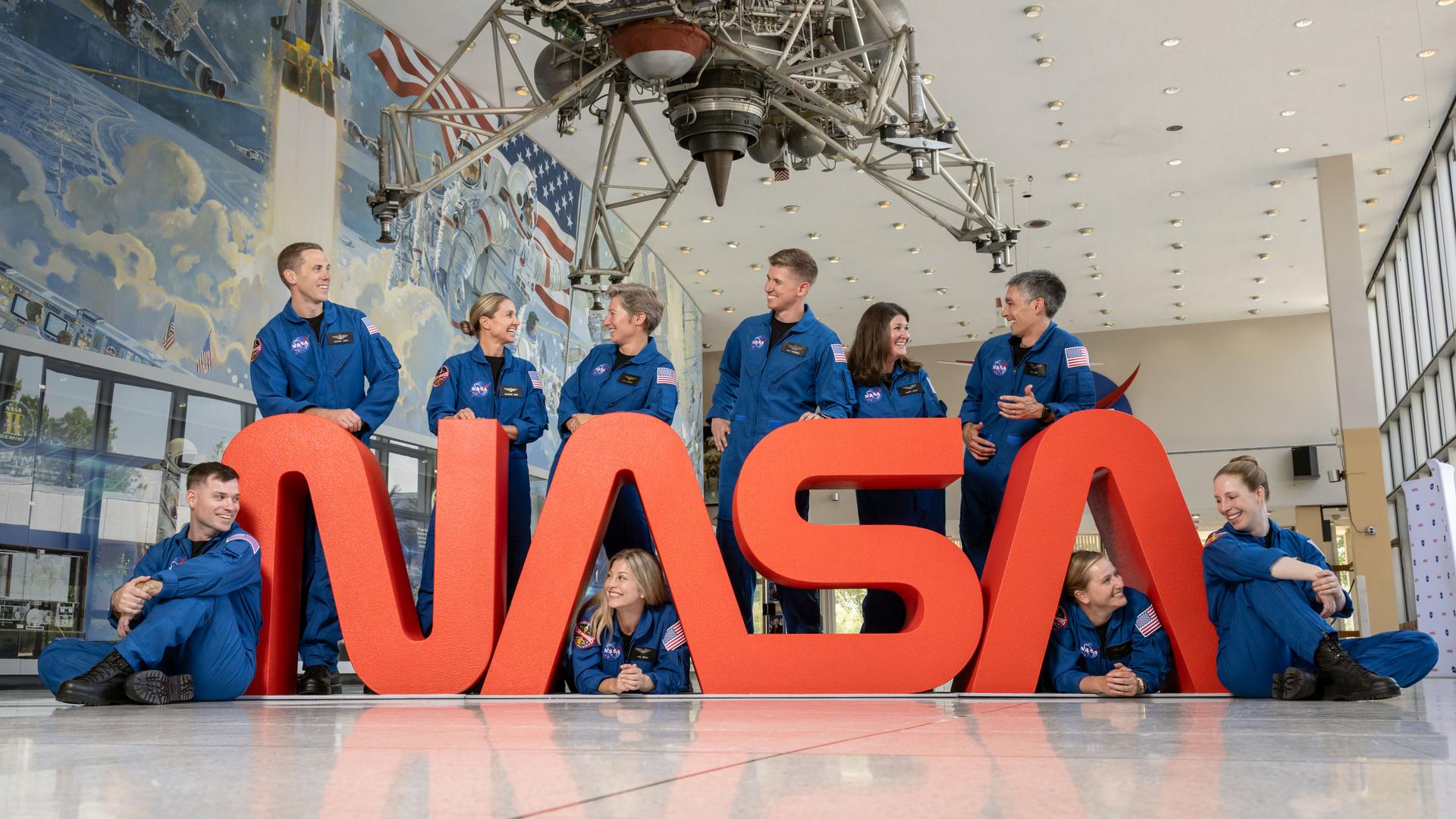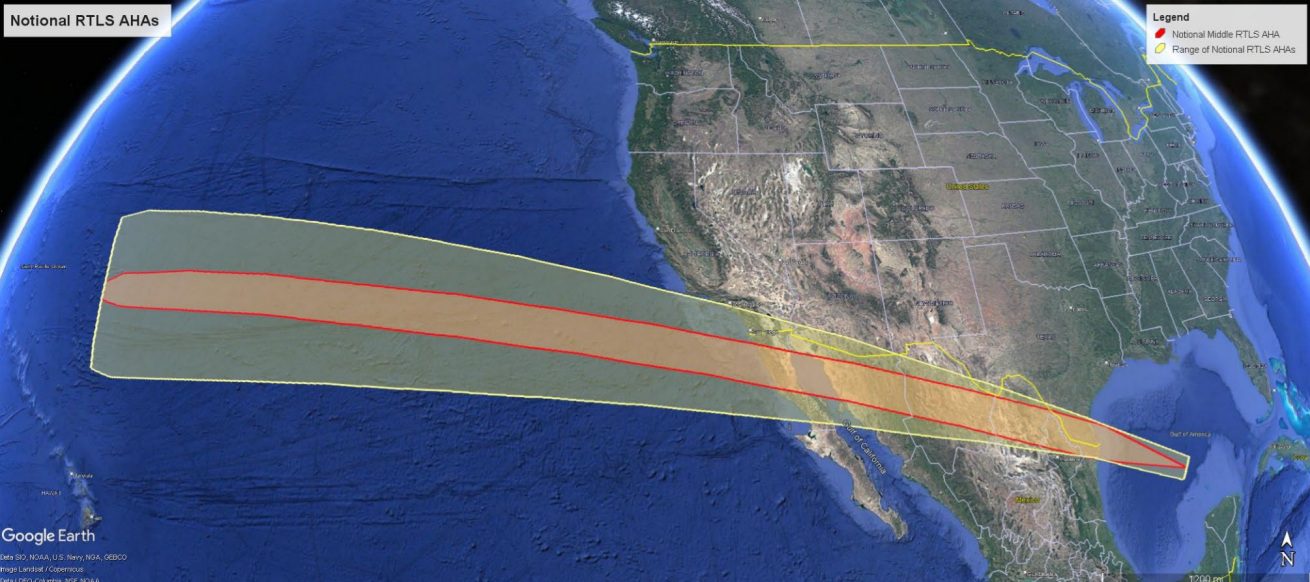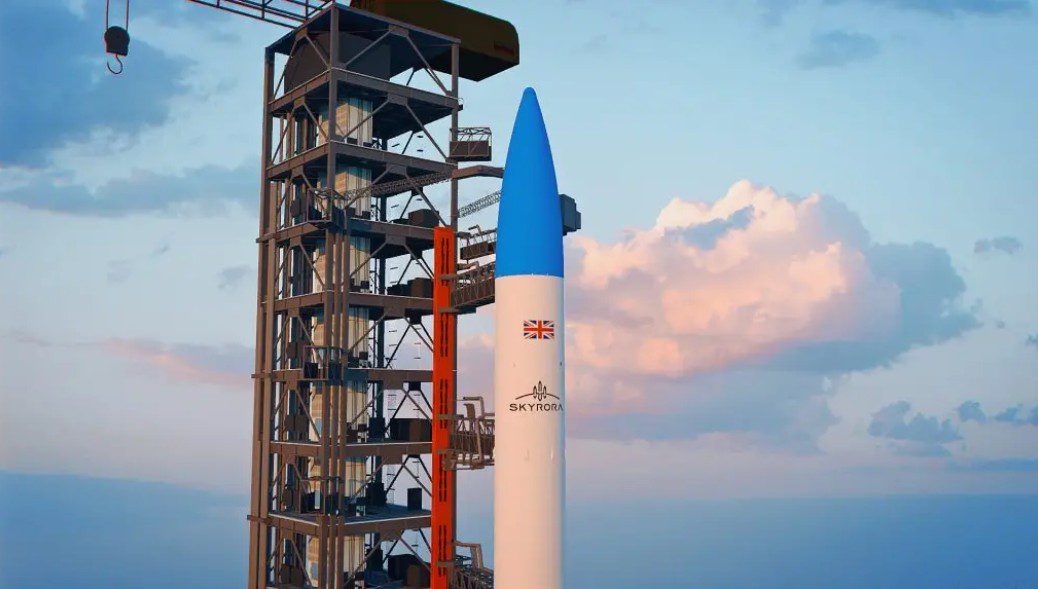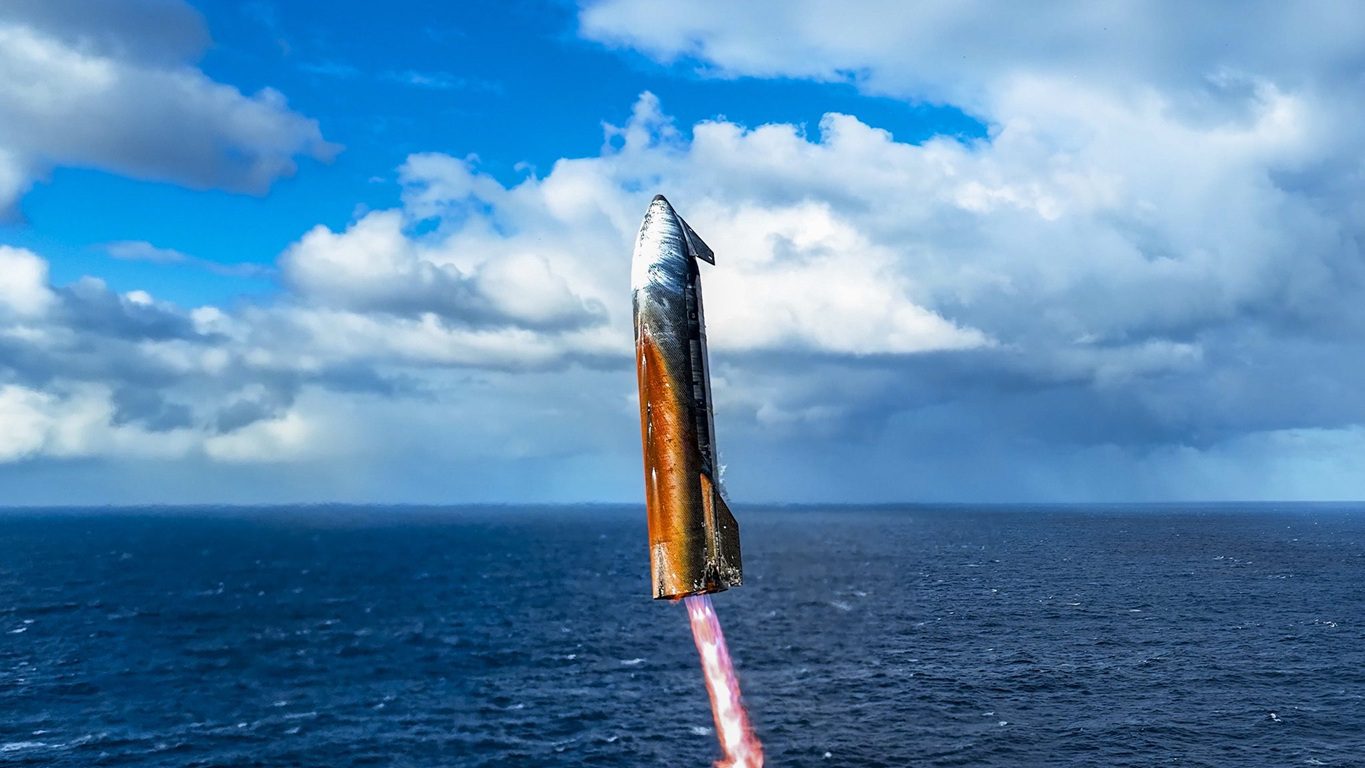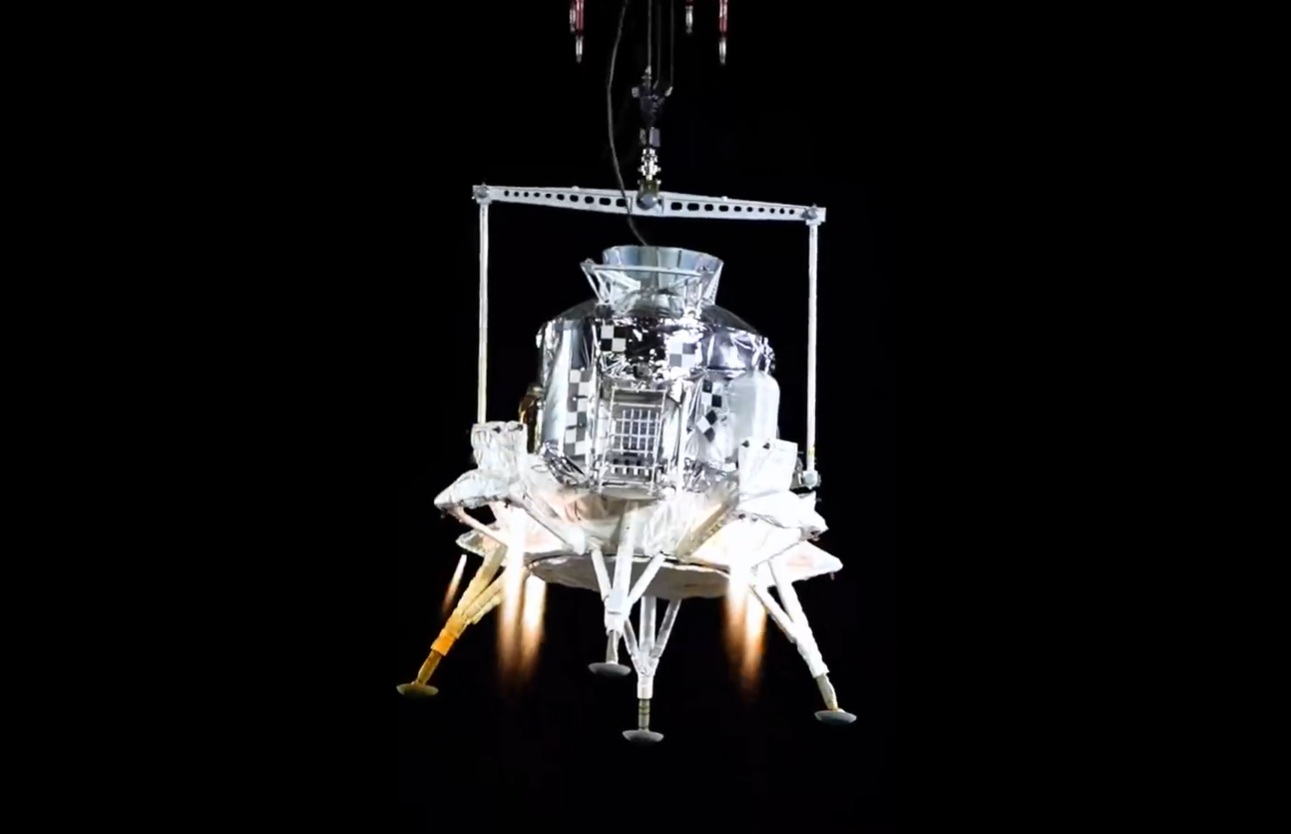On 12 September I was asked to do an interview with Al Jazeera English covering the Polaris Dawn spacewalk. What was meant to be a 5-minute overview of what the mission meant to the commercialisation of space ended up being a 45-minute, live play-by-play of the mission, testing my space knowledge to its max!
But this experience made me realise just how crucial these missions are to all of us. The Polaris mission holds significant importance for humanity as it symbolises a leap towards the future of space exploration. As a private initiative led by SpaceX and funded by a consortium of private entities, the mission demonstrates a shift towards democratising space access, making it less reliant on government-led initiatives. This transition showcased the industry’s increasingly innovative and cost-effective advances in space technology, which will pave the way for a new era of space travel.
One of the primary goals of the Polaris mission was to further the exploration and understanding of outer space while pushing technological boundaries. It was designed to test deep-space communication systems and to practise spacewalks – skills crucial for long-duration human missions to Mars and beyond. The technological activities performed during Polaris provided data on human adaptability in space, including spacesuits that adapted to different body shapes and genders (finally!). This is foundational for humanity’s long-term goal of becoming a multi-planetary species, one that represents our diversity here on Earth.
Polaris also involved civilian crew members, including individuals without prior astronaut experience. This inclusivity fosters public engagement, helping humanity envision a future where space is accessible not just to elite astronauts, but to ordinary people as well. It ignites the imagination and aspirations of people worldwide, encouraging young minds to invest in science, technology, engineering and mathematics (STEM) disciplines.
Ultimately, the Polaris mission was not just about technological advancement but also provided a beacon for collective human progress, showcasing that collaboration and ambition can push our species beyond our current limitations.


